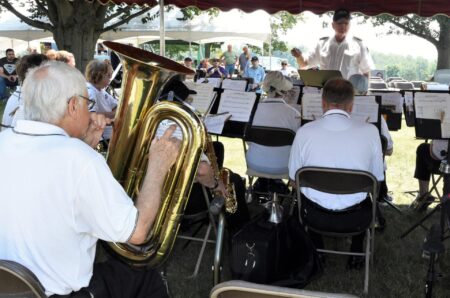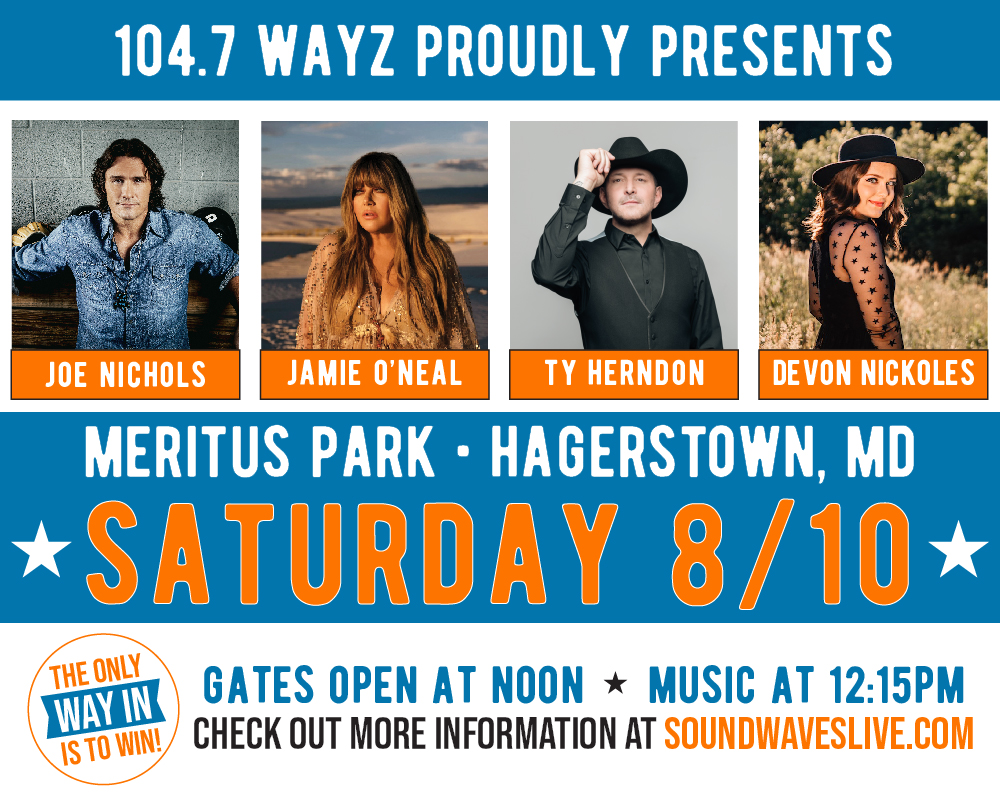The Super Bowl is not super. It is also not a bowl.
It is the final game of the National Football League’s season. That’s all.
Nothing special. It’s overhyped, overblown and overrated. Much more homage is paid to celebrities than to the players and coaches who built the NFL into the monolithic institution that it has become.
Moreover, the association that professional football shares with the entertainment industry is a subservient one and not a good one. If the NFL needs to be seen with the stars, superstars, and megastars for validation, then they have already sent a poor message to those who look up to the league and its players, coaches, and owners.
Virtue and modesty hardly are becoming of Hollywood and its subsets. Ditto for professional sports. The NFL is first a business. There is not a second. It is a business, a multi-billion-dollar business. Its lifeblood comes from television revenues. Revenues come from ratings. When there is a conflict between money and morality, money wins.
It’s sad when news stories focus on sex trafficking that seems to spike during Super Bowl week at the site of the Big Game. And you thought people traveled to Las Vegas to watch a football game. Host cities take the matter seriously enough to make it a point of emphasis. A story on the website of ABC 13 in Las Vegas states, “A valley-wide campaign was announced ahead of the Super Bowl with Metro teaming up with other agencies and the Las Vegas Raiders.”
In addition to the celebrity worship, much more interest is also given to Super Bowl commercials, and the bizarre halftime show performed by pop music singers who could just as easily pass the time giving an actual concert rather than filling time with songs heard thousands of times already and to an audience who is the least bit interested in the chosen genre of music.
I wonder if any ticket holders of the Super Bowl know anything about football. Furthermore, is the reason they are attending the game the game itself, or the festivities surrounding it?
And to think the NFL couldn’t get the season over and done with a week after the AFC and NFC Championship games. No, they make their adoring fans wait two weeks. In between is the blockbuster Pro Bowl Games.
Think about it, Valentine’s Day is Wednesday. The season of Lent also begins Wednesday in anticipation of Easter, which is March 31 this year. Major League Baseball’s spring training also starts this week.
From the perspective of the viewing public, it’s just another excuse to get drunk, gamble, and eat too much. Sounds like the way we Americans celebrate holidays. Instead of a Christmas Eve buffet, folks cook tailgate party fare, with a particular bent toward wings (pick your sauce).
And don’t forget the alcohol. Alcohol and sports make a great pair, don’t they? So do gambling and sports. George Orwell was right when he wrote these words: “Football, beer, and above all, gambling, filled up the horizon of their minds. To keep them in control was not difficult.”
It would make more sense if the Super Bowl were played on Saturday night, not Sunday night. Most people don’t work Sundays, which means – whether your team won or lost – a good many people will wake up early Monday morning with hangovers, and the week is off to a bummer start. I’ve already seen remarks about making the Monday after the Super Bowl some kind of national holiday.
All over a football game.
In a nutshell, the Super Bowl is a cultural event. It is a gathering of movers and shakers. It is a game between highly paid athletes whose influence should not be esteemed too highly – even the ones who appear in commercials.
The actual game is of secondary importance. The primary significance of the contest is how many people watched and how much money was made from advertising and betting. The sum of the two is the number the NFL cares about, not the final score of the game.






















